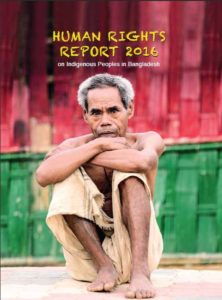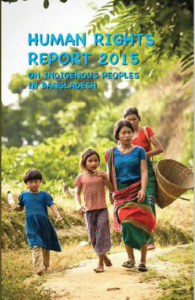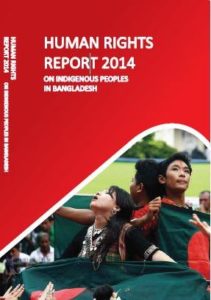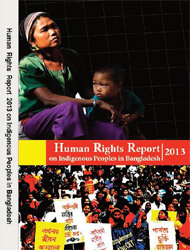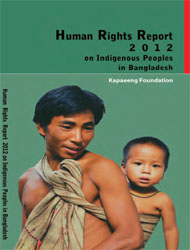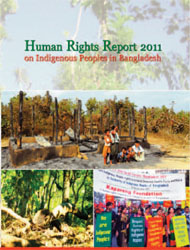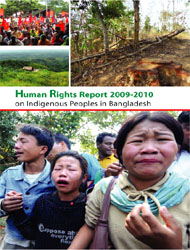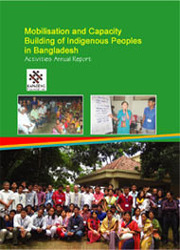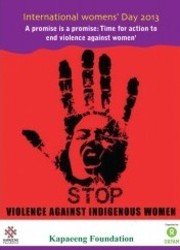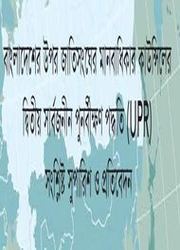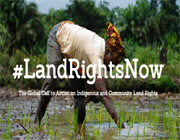Land Boundary Agreement threatens the livelihood of indigenous villagers of 90 families in Moulavibazar
KF Report: The livelihood of indigenous Khasi and Garo peoples of Pallathol and Kumarsil under Baralekha upazila in Moulavibazar district, adjacent to Indo-Bangla border fall under serious threat as their ancestral paanjum (betel leaf garden) fall under Indian boundary after recent developments related to Land Boundary Agreement (LBA) between India and Bangladesh took place earlier this year.
The land boundary agreement was signed in 1974 between the Governments of Bangladesh and India but was not ratified by India as it involved transfer of territory which required a constitutional amendment. The land agreement bill aims at giving effect to acquisition of territories by India and transfer of territories to Bangladesh and exchange of enclaves and fixing of boundaries of the countries in line with the 1974 agreement.
The LBA became operational as it was ratified by India. According to the LBA, the 360 acres of paanjum, the main source of living of over 350 indigenous people comprising 60 families of Pallathol village and 30 families of Kumarsil village) has been demarcated as a part of India. It is learnt that the indigenous peoples have been using that land for betel leaf cultivation for generations. After the border agreement bill was passed at the Indian parliament, the traditional occupation of the indigenous people has become threatened. The villagers have been worried that they would be evicted from their homesteads due to loss of their only source of income. Now it is almost certain that chronic poverty and destitution would descend upon them as soon as the process of land exchange is completed between two countries.
According to land records and survey department sources, Pallathol border posts from 1370 to till post 1374, around 360 acres of lands were occupied ‘illegally’ by Bangladesh. Ironically, the indigenous Khasi and Garo peoples carried out betel cultivation on that land. A tea garden of a Bengali person has also fallen under the area. It is also alarming that the villagers have not received any notice from the concerned State authorities regarding the land transfer. Neither had the indigenous people received any announcement of possible rehabilitation and compensation to restore their right to livelihood. Rather, the villagers, including the traditional leaders, were allegedly intimidated by some government officials not to go for any action in this regard. Currently the villagers are passing their days in fear, anxiety and uncertainty.
Published on February 8, 2016.



